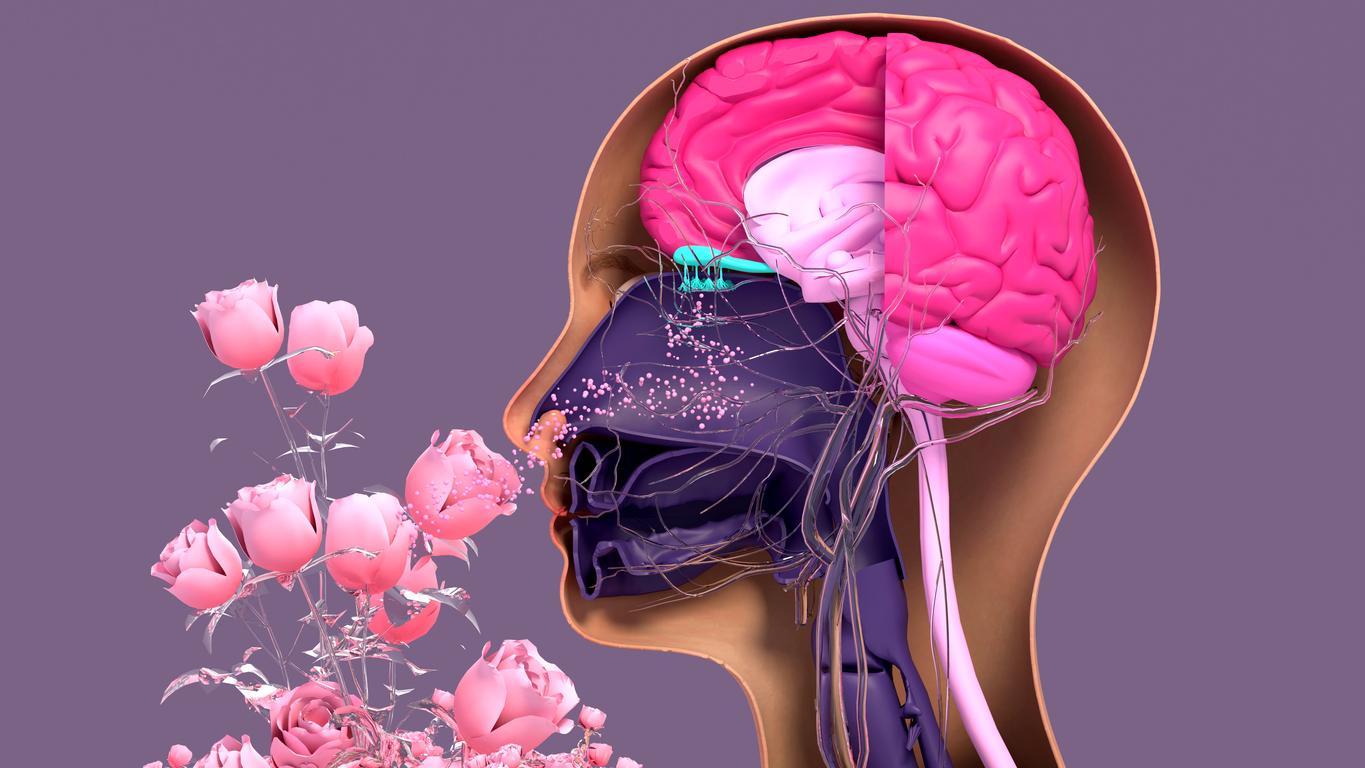People who have suffered from insomnia for a long time may see this sleep disorder affect their memory, learning ability and concentration after retirement.

- 1 in 3 people are affected by sleep problems.
- The French sleep on average 1h30 less than 50 years ago
In France, it is estimated that 15 to 20% of the population suffer from insomnia, and that 9% of patients suffer from a severe form.
This chronic lack of sleep is not without consequences for health. People who are confronted with it would have a greater risk of developing metabolic diseases (obesity, diabetes, etc.) and cardiovascular pathologies. They are also affected by a drop in immune defenses and an acceleration of the aging process.
A link between insomnia and decline in cognitive function
According to a study by researchers at the University of Helsinki, chronic insomnia could also have neurological consequences later in life. The work, published in the Journal of Aging and Healthsuggest that people with a severe form of this sleep disorder in mid-life are more likely to see effects on memory, learning ability and concentration after retirement.
“Results indicate that severe insomnia symptoms were associated with poorer cognitive function in people who received a state pension”explains Antti Etholén, doctoral researcher who participated in the study.
Insomnia, a risk factor for cognitive decline
The study, which had a follow-up period of 15 to 17 years, also showed that these memory, learning and concentration problems increased with the duration of insomnia symptoms.
This leads researchers to say that long-term insomnia should be considered a risk factor for poor cognitive functioning. “Based on our findings, early intervention addressing symptoms of insomnia, or measures to improve sleep quality would be warranted”says Professor Tea Lallukka, co-author of the study.
There are many ways to improve the quality of sleep, including the regularity of the sleep pattern, the appropriate temperature and brightness of the sleeping environment, as well as the optimal time to exercise, consume coffee and eat.
However, Lallukka believes that intervention studies are still needed to verify the effects of measures to promote good sleep. “In further studies, it would be interesting to shed light, for example, on whether treating insomnia can also slow down the development of memory disorders”says the researcher.


















